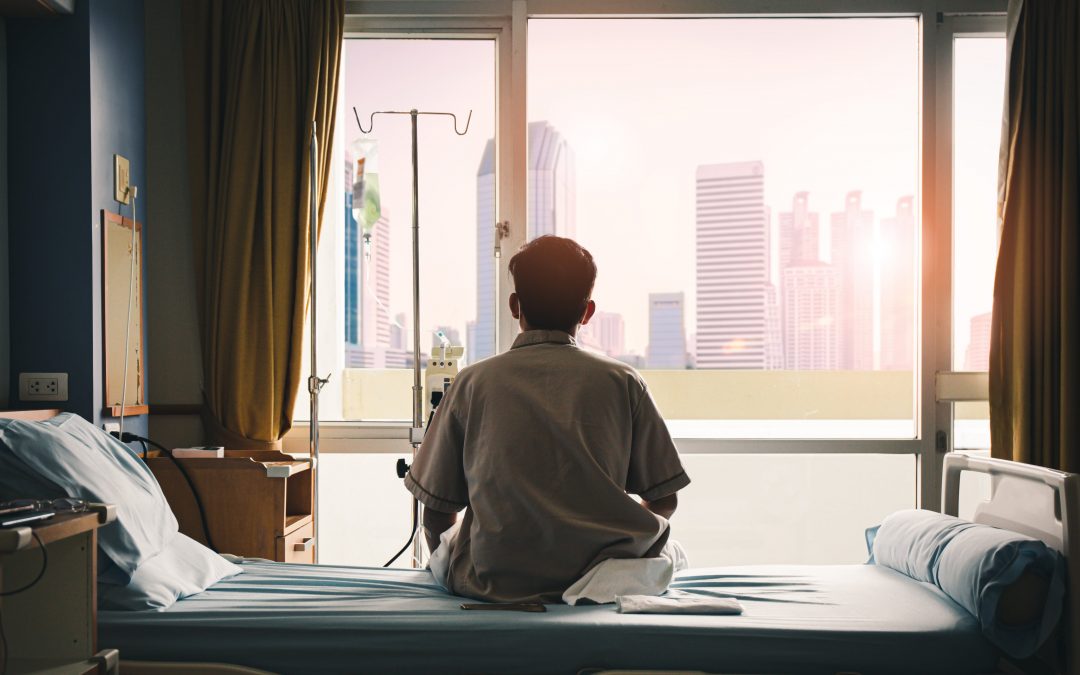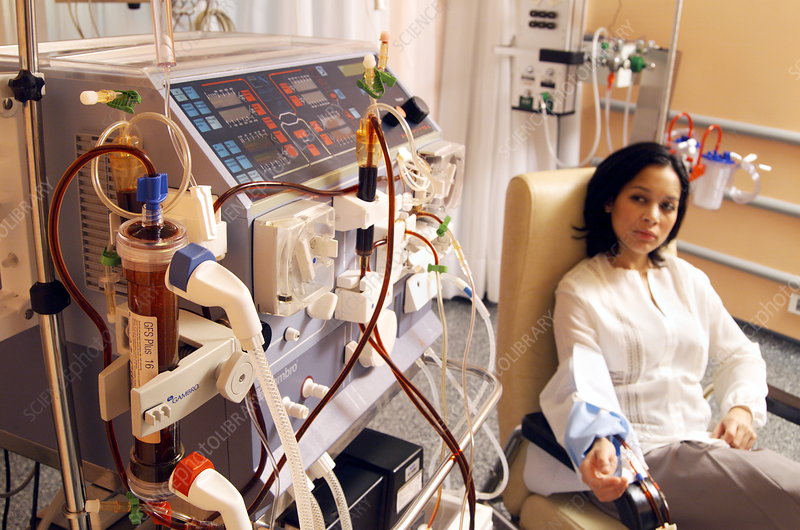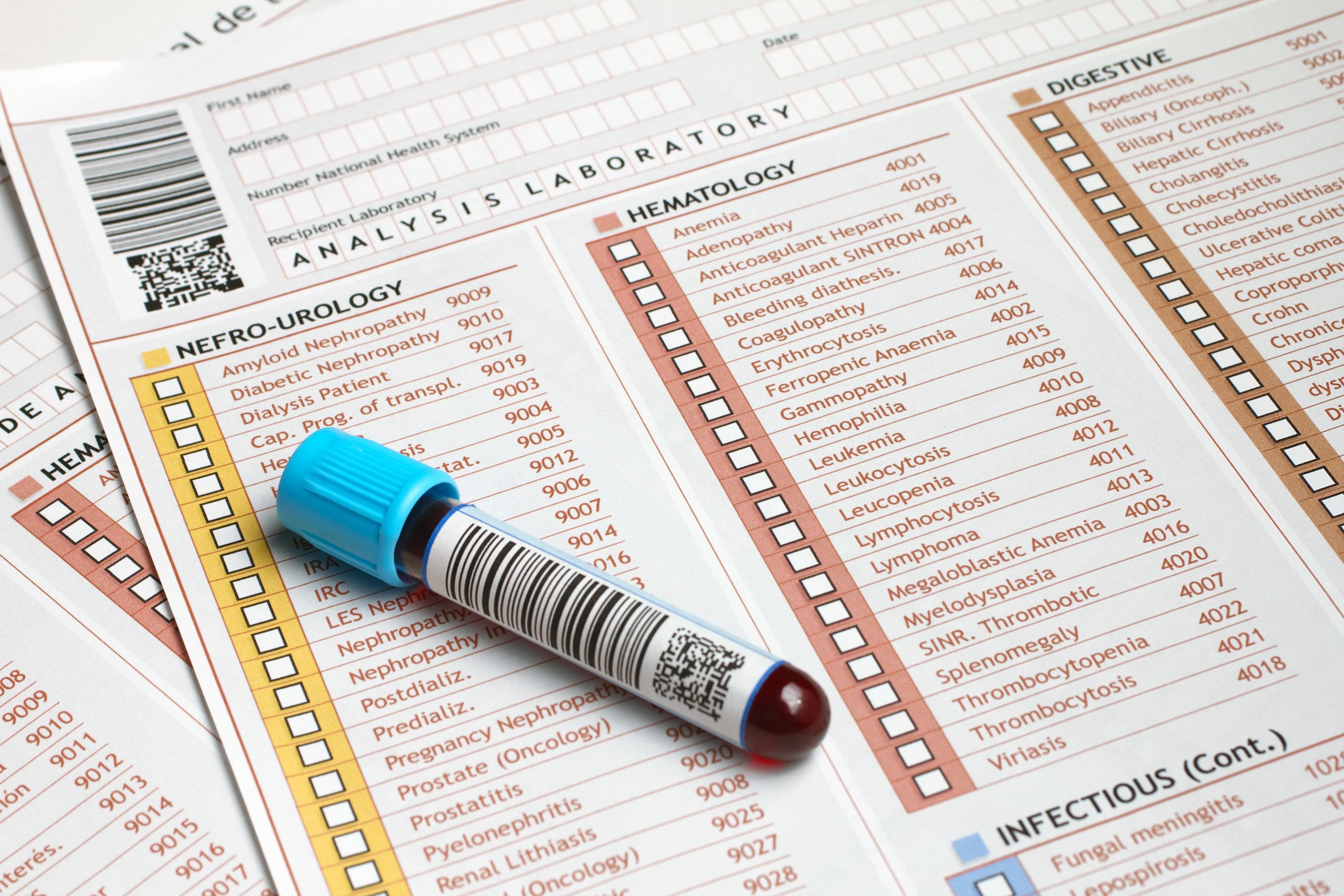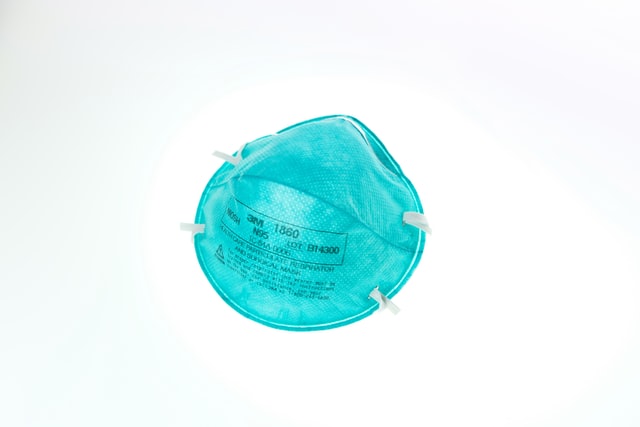When chronic kidney disease progresses to end stage kidney disease, most people opt for dialysis. This is generally considered once the calculated function of the kidney (or eGFR) is below 10 ml/min. Being able to see what stage your kidney disease is in can help you and your doctor decide on a treatment plan to slow the progression of chronic kidney disease.
“End stage kidney disease is irreversible… all attempts to identify causes and slow down the progression of chronic kidney disease should be made.
Kidney failure affects the rest of the body by accumulation of nitrogen waste products or accumulation of water that might affect the heart. It can worsen hypertension, affect haemoglobin, vitamin D and calcium levels among other substances in the body.
For most patients, kidney dialysis is a life-saving treatment that has greatly improved their quality of life and allowed them to live long lives. Dialysis does not cure kidney disease but replaces kidney function and removes harmful wastes from the blood.
“Dialysis isn’t for everybody or at every stage,” says Dr. Juan Char, MD, who adds that there are several misconceptions among people with kidney disease and those treating it. In this article, he clears up common misconceptions about kidney dialysis:
“You need dialysis as soon as your doctor tells you that you have kidney failure.”
Not necessarily.
For many people whose kidneys have failed (a condition known as end-stage kidney disease), dialysis can be a bridge to kidney transplant. “In the past, we used hemodialysis as a last resort, but today it’s an important part of many kidney patients’ care and can help someone live longer and healthier,” Dr. Juan explains.
“You always have to do dialysis three times a week.”
Not so, says Dr. Juan Char, MD.
The time and frequency of dialysis depends on the type of treatment, residual kidney function and patient compliance with medications and diet. This means that time and frequency can vary from 4 hours three times a week in an outpatient dialysis centre to 2 hours 6 times a week at home or every night while you sleep. Most people can get by with dialysis only three times per week at an outpatient dialysis centre.
“Depending on the type of dialysis, time and frequency might change”” Dr. Juan says.
“Dialysis is a painful experience.”
The dialysis treatment is not painful. You should notify your nurse or physician if you are having any discomfort during your dialysis. Some discomforts you might experience involve light headedness, palpitations, chest pain, cramping of extremities, headache or blurry vision and you should always contact your dialysis nurse or nephrologist. The procedures to prepare you to start dialysis can involve pain or discomfort since they involve needles to access your veins.
“Sick people get kidney transplants and rarely need dialysis.”
With advances in medicine over the past few decades, kidney transplant is available to more kidney patients than ever before. Some kidney patients who start out on kidney dialysis can eventually get kidney transplants, Dr. Juan notes.
Still, kidney transplant — which requires lifelong immune-suppressing drugs that increase susceptibility to infection but decrease the risk of organ rejection — may not be possible for everyone. But dialysis has come a long way since it was first used in 1941.
For people with chronic kidney disease, knowing which stage they are in is important, to anticipate and prepare for transplant and/or dialysis.
“You should avoid potassium because it’s bad for your heart if you have kidney failure.”
Because people with kidney disease are more susceptible to high potassium levels in their blood (hyperkalemia), they need to watch the intake of foods containing high levels of this mineral — such as avocados, baked potatoes, bananas, oranges, spinach and tomatoes, among other items.
“So you have to moderate the amount of potassium in your food and follow closely with a renal nutritionist. Dr. Juan says.
“Chronic kidney disease leads to uremia.”
Not necessarily.
Uremia in early stages of chronic kidney disease is not an issue. This becomes a problem once the disease progresses. When uremia (which means urea in blood) is significant it can cause symptoms of altered mental status and this can be an indication to do dialysis.
“Chronic kidney disease affects calcium”
This is true. Let’s expand a little more on this. Vitamin D goes through several processes before it can act in the gut to absorb calcium and phosphorus. The kidney is the last step before it is activated. In advanced chronic kidney disease vitamin D is not activated affecting the absorption of calcium. This leads to a decrease in calcium in the blood which leads to the elevation of another hormone called parathyroid hormone (PTH). PTH attempts to elevate calcium in the blood by stealing it from the bones. This situation is known as chronic kidney disease-mineral and bone disorder (CKD-MBD). And many people with CKD-MBD do not have any symptoms at all.
“About 20% of people have CKD without being aware of it. It is important to detect kidney failure on time so that its cause can be identified and treated, potentially reversing kidney failure.”
“Kidney failure always causes fatigue and weakness.”
Loss of kidney function in chronic kidney disease (CKD) is an important cause of tiredness in people with this condition. But not every patient experiences fatigue, which may be related to other causes besides kidney damage or kidney failure.
“Other factors can contribute to fatigue,” Dr. Juan says. These include depression; medications including narcotics, antihistamines and some blood pressure drugs; anemia (or too few red blood cells) due to a lack of EPO (which is secreted by the kidney); poor nutrition; and the cumulative effect of kidney disease.
“If kidney disease is causing fatigue, dialysis can help. It will not only increase energy levels but also boost the patient’s quality of life.”
“People with chronic kidney disease don’t live long.”
Far from it.
Thanks to early and better medical care., people who had kidney failure 20 years ago are still alive today — some in relatively good health. And on average, dialysis patients lived longer than they did a decade ago. It is important to note, if you are already on end-stage-kidney disease and require dialysis, then going off it will increase your mortality risk.
“Having diabetes means you’ll need kidney dialysis earlier than other people with chronic kidney disease.”
Not necessarily.
But, diabetes is the most common cause of dialysis. To avoid kidney damage from diabetes you should comply with a healthy lifestyle and medications to control your glucose levels.
“People with chronic kidney disease die of kidney failure.”
Not necessarily.
Some patients, despite having chronic kidney disease and end-stage-kidney disease, do not die from their kidney disorder. Their death is caused by another medical condition (such as heart or lung disease); this is known as “comorbidities.”
However, some ESRD patients die from one of the common causes of death such as cardiovascular diseases or complications from diabetes.
“Most people on dialysis visit the kidney clinic every day.”
Not true.. “When providing hemodialysis at a dialysis centre we treat patients at least 3 times a week…When treating patients with hemodialysis at home, dialysis is done 5-7 times a week, for less time and visit the clinic once a month.” Dr. Juan says.
“Kidney dialysis is a painful experience.”
An unpleasant experience, yes, but kidney dialysis is usually painless.
Most kidney disease patients start out on hemo-dialysis treatments because this method does not require the patient to be connected to a machine or have needles inserted into his or her body.
In fact, many kidney disease patients actually get used to the treatment and even come to look forward to it — it gives them time with other kidney disease patients during an important part of their day.
But some kidney disease patients do find kidney dialysis treatments painful as their kidney disease progresses and they must turn to peritoneal dialysis or kidney transplantation.
These kidney disease patients require a higher volume of dialysis using a machine that is attached to the body, either on the arm or leg.
Some people have noticed weight gain or weight loss related to dialysis, which may not be entirely true according to this article about weight gain and kidney failure.
“I don’t need a kidney blood test.”
Yes you do, and let’s add a urine test.
This simple blood test called “comprehensive metabolic panel” can spot kidney disease early on before symptoms appear.
Kidney damage causes wastes such as phosphorus, potassium and water among other wastes to build up in your body. A high level of phosphorus can cause kidney stones; elevated potassium levels can cause abnormal heart rhythms; and water accumulation is linked to swelling and difficulty breathing..
A kidney blood and urine test can detect chronic kidney disease before you experience symptoms.
“Treatment for chronic kidney disease is expensive.”
It depends
If we focus on prevention and early detection it can be as cheap as just maintaining a healthy lifestyle. Even in other advanced stages of chronic kidney disease it is quite manageable.
The disease becomes more expensive to treat as more comorbidities that affect the kidney get out of control (like diabetes and hypertension). As chronic kidney disease progresses to stages 4-5 the disease becomes more expensive to treat and the risk of hospitalisation increases when not treated appropriately.
But there are ways to pay the bills if you have limited income and no insurance; these include workplace programs that offer reduced health care benefits (such as short-term disability leave), government assistance programs (such as Social Security Disability Insurance) and charitable help (such as free medications from pharmaceutical companies).
A kidney transplant may be your last resort but not an option for everyone who needs a transplant.
You can find more information on kidney disease treatment and kidney transplantation at Websites such as the American Kidney Fund (www.kidneyfund.org) and the National Kidney Foundation (www.kidney.org).
“If you catch COVID-19 as a kidney patient, your chance of survival is very low”
Not necessarily.
But having chronic kidney disease will predispose you to having an acute kidney injury if COVID-19 is severe. Survival will depend then on the severity of the kidney injury and other comorbidities like obesity, diabetes, hypertension, heart failure among others. I would recommend that everyone get vaccinated to avoid a severe infection from COVID-19.
Conclusion
Patients with kidney failure often have a lot of questions and misconceptions about their disease. It’s important to seek expert guidance from board certified nephrologists to clear up any confusion and get on track to the right treatment that is right for you.
If you are experiencing any symptoms related to kidney failure or are considering starting dialysis treatments for a loved one, please book an appointment with Dr. Juan Jaller Char, MD for a full kidney health evaluation. He will work with you to create a personalized care plan that meets your unique medical needs.
If you want to learn more about the kidney you can go to Dr. Juan’s Youtube channel.
BLOG AUTHOR
Dr. Ismail Sayeed
Dr. Sayeed is the Medical Director of ViOS, Inc. He is a deeply committed physician entrepreneur & medical blog writer. While building the global infrastructure of the VIOS Clinic, he is dedicated to educate people on the potential of specialist telemedicine for managing chronic diseases.
Read more about him in his author bio







